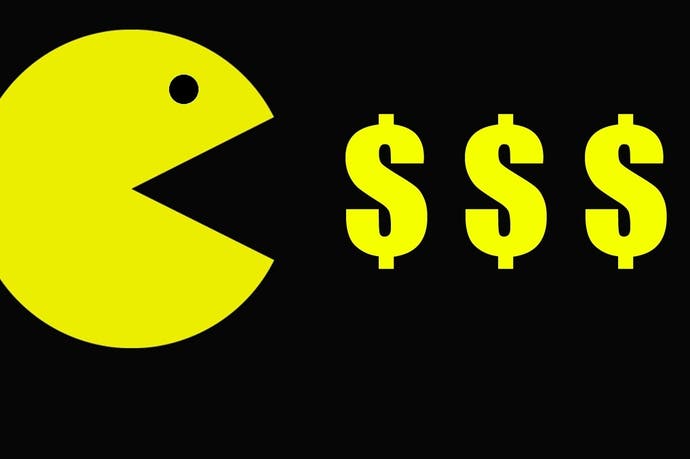Don't panic about The Hut's £70 PS4 game pricing because Sony hasn't set prices yet
But will we be paying more?
Don't panic when you see shops like The Hut charging £70 for a PS4 game, because Sony hasn't set any prices yet.
That's literally what a Sony spokesperson told me: "We haven't set any prices yet." And after a bit of to-and-froing the The Hut eventually conceded that, "Our prices are a preliminary forecast and have not been issued by the publisher."
Why set the price so high? Someone in the retail game suggested to me that it was a way for The Hut to drive press and therefore public attention to its website. Crafty.
Few other major shopping destinations have put prices next to their PS4 stock yet. The ever-aggressive ShopTo has, but asks a more run-of-the-mill £49 for PS4 games.

Whether game prices will go up next generation is a question still unanswered. EA chief financial officer Blake Jorgensen recently spouted that games typically cost $10 more at the beginning of a console generation than they do at the end.
"We haven't yet set pricing on our gen 4s, but you probably see a similar trend to that during the start of the next cycle," Jorgensen said at a Morgan Stanley conference (transcript on Seeking Alpha).
Sony US boss Jack Tretton, however, only mentioned a ceiling of $60 when he talked about PS4 game pricing. Prices will range from as low as $0.99 all the way up to $60, he said. Then again that may not mean a thing; if the plan was to have prices $70 and beyond then I wouldn't mention it now either.
That game prices will go up is a thinking derived from the growing size of development teams and budgets. The more capable technology becomes, the more expensive it becomes to fully utilise - or so we think.
BioWare's art director Neil Thompson chimed in on this topic recently, saying that while there will be "a big leap" in the visual quality of games next generation, it won't be as big as it was last generation. That's because it's expensive business, he said, and developers will be "cleverer" about adapting this time around.
Ubisoft and Activision and EA sneakily upped the RRP of their flagship series - Assassin's Creed, Call of Duty, FIFA - this generation to £55. Creed and COD are made by multiple studios and hundreds upon hundreds of developers. They cost so much to make and the pound (sterling) is so weak that we have to charge a bit more, read Activision's excuse. Yes, it's not like those series sell enough copies at the normal price to recoup development costs.
Nevertheless, game development budgets needn't necessarily rise hand-in-hand with next-gen hardware capabilities. The Unity engine is empowering a sea of smaller development studios to quickly and cheaply produce impressive results. It's almost unanimously the engine of choice for Kickstarter projects.
Each of the major publishers now have their own engine teams building technology for use across their entire studio network, too - a trend that really took hold this generation. Epic Games' ubiquitous Unreal Engine 3 really hammered home the advantage of not building an engine for every different game that's made.
What we know of PlayStation 4 so far is that it features a much more accessible PC architecture. If Sony and Microsoft can work with other companies to establish powerful tools and engines for their new platforms, that may take the costly legwork out of next-generation development - cushion the blow, if you like.
And let's face it: they'll need to. Because with iOS and Android games running riot at bargain prices, Sony and Microsoft should offer developers all the help they can get.

